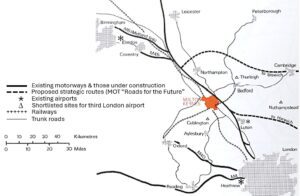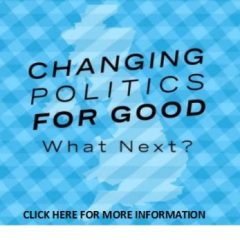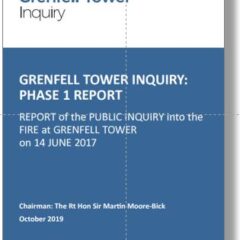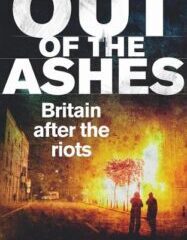Identity Politics ain’t Liberal
“Common cause” is not going to work if we have to morally browbeat people into supporting the uncommon interests of oppressed minority-groups. The question is, what unites us?
Changing Politics for Good – What Next?
Changing Politics for Good: What Next? Cheshire Conference Centre, Stockport. 29 February 2020. When people mobilise, coordinate, and make their presence felt, things can and will change.
Grenfell Tower: A Tragedy
“From blaming the deaths from the Grenfell Tower fire on the London Fire Brigade it’s only a small step to blaming the residents for not leaving the burning building quickly enough”, says Simon Elmer of Architects for Social Housing
Labour Live: Bread & Circuses
Shadow chancellor John McDonnell boasted: ‘It will be magical what we can do for society.’ Eddie Izzard insisted that ‘we need to articulate a vision’. David Lammy, quoting the wrong president, yelled: ‘We’re taking our country back!’
Home is where the Art is
‘Re:Home’ is Cressida Brown’s revisit and revision to her 2006 play, ‘Home’. This new version is set and performed in-situ at Waltham Forest’s infamous, and now demolished, Beaumont Estate high rise tower blocks.
Libraries are for reading not knitting
The trust claims that libraries could make a ‘major’ contribution to public wellbeing.
The dangers of ‘resilience’
‘Resilience’ is a buzzword sweeping the entire industry and seemingly provides solutions for everything
Britain after the riots
This book presents arguments that almost completely undermine the independence of children as well as adults.
Spare us from Community Engagement
By Dave Clements | 17 September 2012 What is the meaning of community today, and how it can be meaningfully engaged with? While there is no end of projects tasked with engaging communities, whether this is a meaningful activity or not is a moot point. Indeed, if we stopped trying to engage communities they might actually have a chance to breathe. To my mind, although there may be some well intentioned projects out there, all things...
Ganging up on ‘Yoof’
Dave Clements | 23 February 2012 While they are, if claims coming out of last week’s summit are to be believed, to blame for the rise of al-Shabab in Somalia, the role of gangs in last summer’s riots was, at the very least, negligible. That much is acknowledged by pretty much everybody. It has even been reported that gang leaders called a truce during hostilities. Bless ’em. But still the government’s...
















